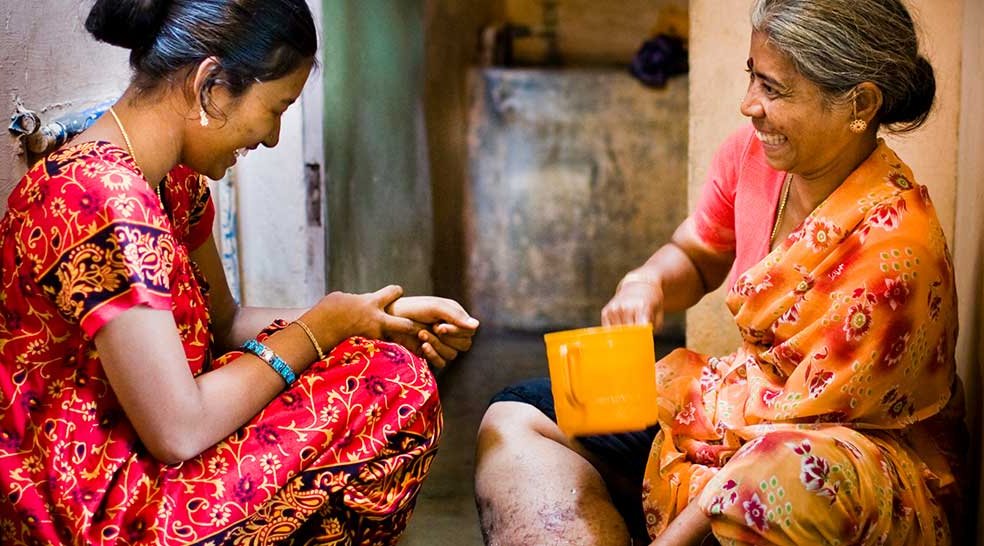What is Elephantiasis?
Elephantiasis – also known as lymphatic filariasis – is a disease that affects people in Asia, Africa, the Western Pacific and parts of the Caribbean and South America. Elephantiasis is a mosquito-transmitted disease that is caused by parasitic worms and which damages the human lymph system.
The disease can cause severe and extensive swelling of the lower limbs (lymphedema), which can be accompanied by painful episodes of fever. People with lymphedema are prone to bacterial infections that can lead to a mobility-limiting condition where the skin thickens and hardens. In men, elephantiasis can also result in the swelling of the scrotum (hydrocele).
Elephantiasis affects the poorest communities, preventing individuals from living a productive working and social life, further trapping them in the cycle of poverty.
Key stats
-
36 million
people are estimated to live with a chronic condition
-
Over 650 million
people were at risk of infection in 2023
Tafadzwa Banda is from the Shamva District in Bindura in Zimbabwe. She shared her story of how living with lymphatic filariasis changed her life.
Status of elimination of elephantiasis as a public health issue, 2024
People receiving preventive chemotherapy for elephantiasis
Since the London Declaration was signed in 2012 and partners committed to defeating neglected tropical diseases, the number of people receiving preventive chemotherapy for elephantiasis has increased.Coalition partners
Global Alliance to Eliminate Lymphatic Filariasis (GAELF)
The Global Alliance to Eliminate Lymphatic Filariasis brings together a diverse group of public-private health partners to support the Global Programme to Eliminate Lymphatic Filariasis by mobilising political, financial and technical resources to ensure success.
